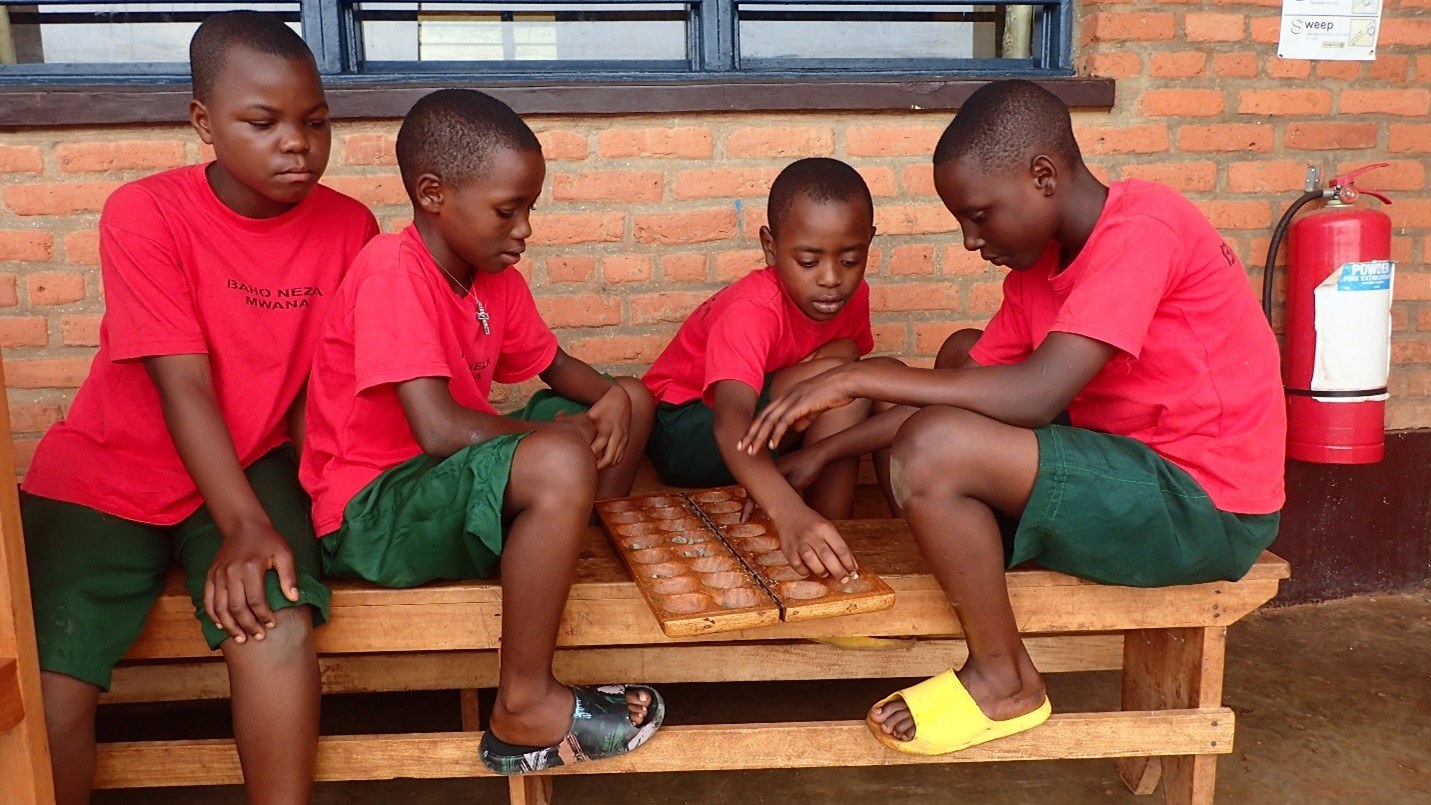Rwanda Action was founded in 2008 by David Chaplin under the name Rwanda Aid, which reflected the needs of the community at that time.
By working closely with the community, and listening and learning, we are developing the most effective ways of relieving poverty. We are placing increasing emphasis on rigorous monitoring and evaluation. That way we can demonstrate value for money and we are also well placed to encourage the community and government to adopt and run with our initiatives. This is the best way of ensuring scale and sustainability.
From the start our purpose has been to relieve the burden of poverty in the south west region of Rwanda.
Providing Homes
In the aftermath of the earthquake in 2008 we re-housed over 50 families.




Farm Training
Recognising that in this area the majority of families survived on subsistence farming, we developed a training programme designed to help the families farm their small plots of land more productively.
To date we have trained over 2,000 families who are now able to eat better, afford health insurance and equip their children for school.
We have supported the development of livestock farming and have gifted more than 1,000 animals to trained farmers, who pass on the first offspring to other families.




Tree Nurseries
We saw the importance of supporting the growing of trees to capture carboone, prevent erosion, enrich the soil and provide shade, fruit, timber, firewood and fodder.
To date we have supported more than 150 tree nurseries and given over three million tree seedlings to more than 25,000 beneficiaries.



Education
Alongside these interventions, we share the Rwandan government’s conviction that this small, hilly, densely populated country could not depend simply on an economy based on agriculture.
We determined to support quality education for all.
To date we have built 72 new classrooms to the UNICEF child friendly standard. We replaced old, wooden structures with well designed, brick-built classrooms.
With these classrooms we have built 14 toilet blocks and washrooms. We replaced unsanitary toilets with safe facilities and improved provision.
Teacher Training
It is vital that well-equipped classrooms are staffed by good quality, trained teachers. This is why we have initiated and developed an in-service training programme.
To date we have trained 250 school-based mentors benefiting more than 750 teachers and over 35,000 schoolchildren.





Vocational Training
We have also promoted vocational training by building a centre on Nkombo Island and sponsoring over 1,000 students.






Enterprise
Determined to help students convert the knowledge and skills they have acquired into income generation we have supported over 40 enterprise groups with over 1,200 beneficiaries.

Street Children
In all that we do we have been determined to include those on the margins of society.
We built and ran a centre for street children called Baho Neza Mwana, which is Kinyarwanda for a good life for children.
The centre supported 214 boys on a short-term residential basis, 85 boys on a “day” programme and 118 girls with training until its closure in December 2020. We have built on the success of this approach and our emphasis is now on identifying vulnerable families and working with them in their communities to avoid children living a street-connected life.






Disability
We have supported a centre for children with disability, which has provided residential support for over 400 children many of whom have been able to access mainstream schooling.





The Future
Whilst we are very proud of all that has been achieved, and very grateful for the amazing support that has made it possible, we are always looking to learn and improve.
In 2021, we decided to change the name of the charity from Rwanda Aid to Rwanda Action. We feel this better reflects the way in which we work in partnership with the community and the government, and developing our excellent team of Rwandan managers.
Our focus will remain on empowering people to help themselves.
Finally, our interventions must be backed by rigorous evidence and respond to community needs. This allows us to demonstrate beyond doubt the efficacy of our programmes. There is no better way of persuading the community and government to adopt and run with our initiatives and thereby ensuring scale and sustainability.
To explore our current and future projects, please click here
